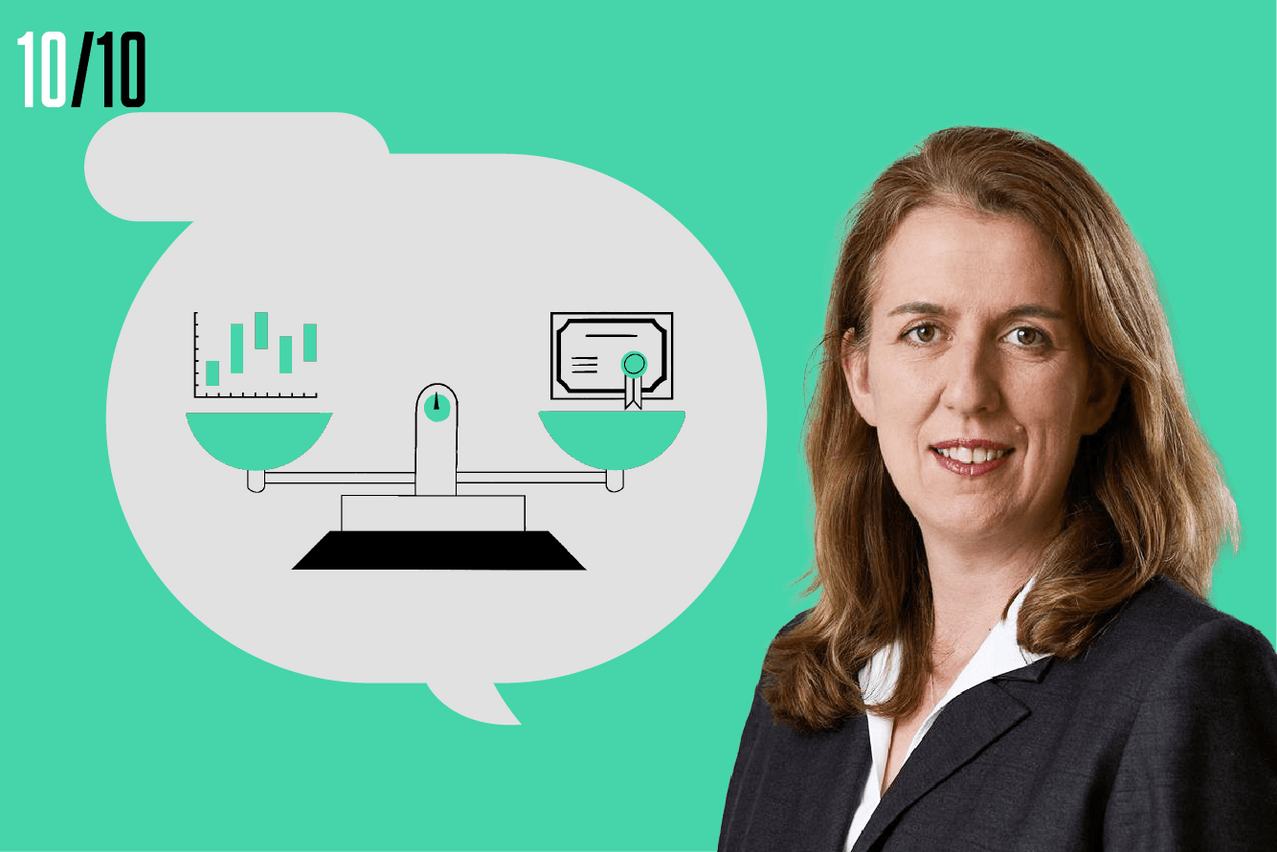“Particularly in the first quarter of this year, we have seen a sharp recovery for those handful of companies which are driving equity markets, particularly in the US,” she said. There has been a sell off from stocks that were purchased during the early part of the crises as a part of defensive strategies. This is matched by a return for those assets that have driven growth over much of the previous 10 years. “However, more recently, the recovery has begun to fizzle out somewhat,” she noted.
Interest rates are a big part of this story. In early spring, the market seemed to be pricing in the possibility of cuts in interest rates by the US Federal Reserve by the end of this year. However recent market data is pointing to inflation remaining persistent. “The extent of this is such that another rate increase this year is possible, and this could tip the US into a recession,” she said. This would help to cut inflation, but probably cause problems across investment markets.
“Having a balanced, steady, portfolio at a time when there's turbulence could provide the resilience that investors typically look for,” said Ms Dickson. Bonds can act as a stabiliser against equity risk. While very short-term tactical investments could potentially give excellent returns in this uncertain environment, outcomes can also be disappointing if the wrong assumptions are made.
Central to building a balanced portfolio is taking a view on the direction of inflation; what Ms Dickson calls the “million, billion, trillion dollar question.” Investors might look for companies that have the capacity to either pass on costs to customers and/or control their own costs, including by increasing efficiency. These firms can usually maintain profit margins even in challenging, fast-changing environments.
Ms Dickson highlighted a few examples. Producers of consumer staples with strong development pipelines and good cash flows are among such companies. Healthcare providers are also able to pass costs on. Sectors such as semiconductor producers are also increasing prices with little drop in demand as their clients work to develop their artificial intelligence and cloud computing capabilities.
Cost-cutting while maintaining quality is a tough option, but is a path that has been embraced recently by many of the big name tech firms. These stocks have done well this year as a result. As for bond investing, Ms Dickson noted that Latin American countries have had success combatting inflation, and hence there may be value in investment-grade debt.
Thus, when building a powerful balanced portfolio, Ms Dickson favours taking a careful, bottom-up stock picking approach based on an understanding of the fundamentals. Then there are considerations about inflation, which also play into decisions on the length of the maturity of bonds.
This is the last in the current ten-podcast series by Capital Group with Paperjam and Delano. At just 15-20 minutes long they each give a quick overview of the key things to know about the current investment environment.
Are you interested in the expertise presented by Capital Group? .
